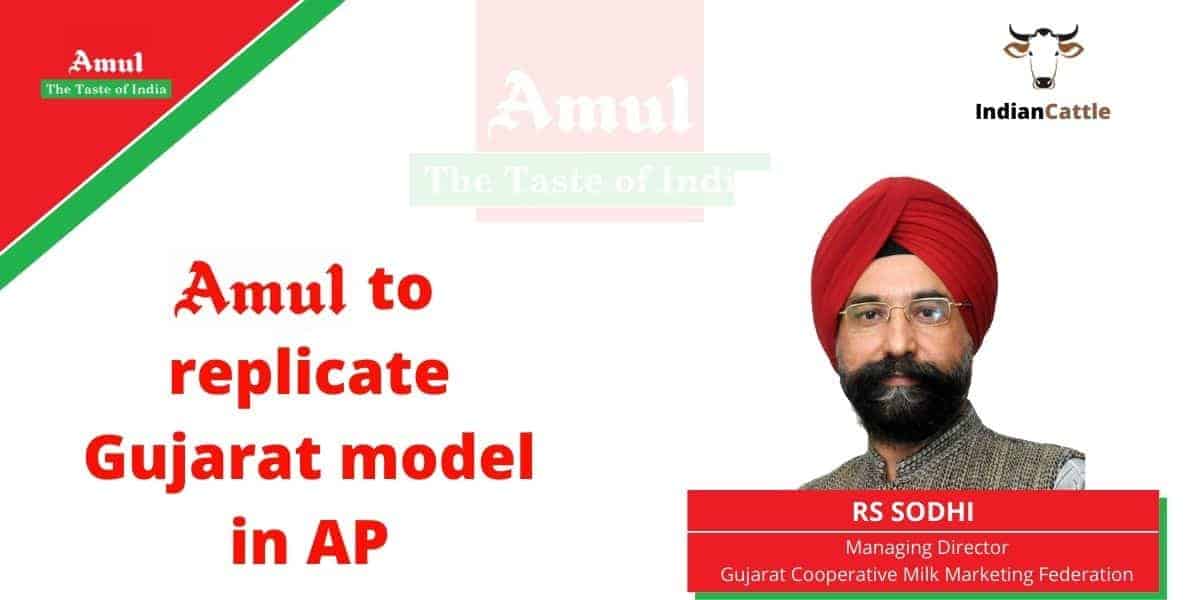
Amul to Replicate Gujarat Model in AP
To make AP a hub for its Southern expansion
Amul is in the process of replicating its famed Gujarat cooperative dairy production model in Andhra Pradesh. As it sets out to make AP a hub for its expansion to the Southern markets and Odisha, dairy major Amul will help about 10,000 women cooperatives build a network of cow and buffalo milk production centres.
The company has entered into an agreement with the AP government to revive and strengthen cooperative dairies in the State. Andhra Pradesh, which produces 4.3 crore litres of milk a day, is the fourth largest milk producer in the country. While the State government will help in building the women cooperatives and local processing units, Amul will help them in reaching out the produce to consumers. It will also manufacture value-added products.
The State government will spend ₹3,500 crore to provide quality breed cows and buffaloes to about 4.69 lakh women from the underprivileged sections. Amul will also procure milk from farmers in different districts. “Andhra Pradesh has the unique advantage of being in the proximity with top Southern markets of Bengaluru, Chennai and Hyderabad. It can also cater to the largely untapped market of Odisha,” Gujarat Cooperative Milk Marketing Federation’s Managing Director, RS Sodhi, told BusinessLine. “We will use the locally available processing capacities for now. We might build our own processing units, if need be,” he said. Sodhi, along with top officials of Amul, was in Amaravathi on Wednesday to mark the launch of a pilot in 400 villages of Prakasam, Chittoor, and Kadapa districts. Andhra Pradesh’s Chief Minister formally launched the pilot on Wednesday.
After the six-month-long pilot, the milk procurement will be expanded to other parts of the State, with a promise to offer ₹5-7 a litre more to the dairy farmers. Besides providing them with quality milch animals, the State government will help the women cooperatives in the maintenance of the cattle. Bulk milk cooling units (BMCUs) will be set up at the cooperatives that produce more than 2,000 litres a day.
The Gujarat team
Each district will have a core team with the District Collector acting as a Special Officer (Amul Project) and Joint Collectors and Joint Director (Animal Husbandry) as members. “We will ensure that payments are paid once in every 10 days. The women cooperative members will also get a bonus once or twice every year from the profits of the Amul project,” said Chief Minister YS Jaganmohan Reddy while launching the project.
Source: The article is extracted from The Hindu BusinessLine, December 03, 2020.
